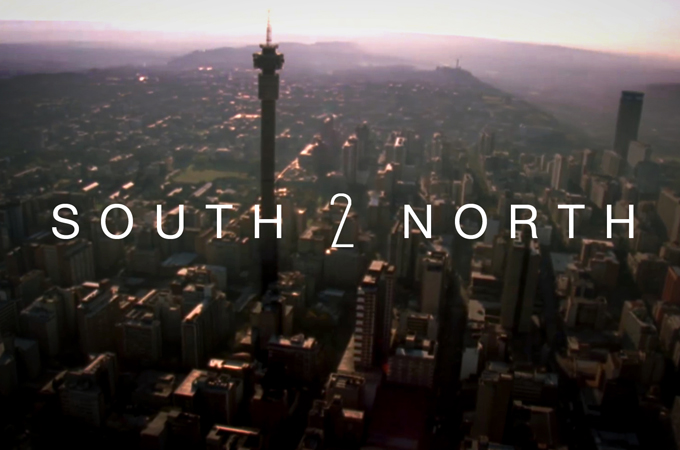
The art and war of cinema censorship
What must film directors do when freedom of speech and national agendas clash?
| No subject is off limits – Redi Tlhabi talks frankly to inspiring and intriguing personalities from across the world. |
This week on South2North Redi speaks to three film directors who have dealt with different forms of censorship and story-telling in Africa.
Jahmil Qubeka’s film Of Good Report was banned on the opening night of the Durban International Film Festival – allegedly for showing child pornography.
Keep reading
list of 4 itemsKing Charles unveils royal portrait
Cannes film festival hopes for ‘no controversies’ as wars, scandals rage
Energy summit seeks to curb cooking habits that kill millions every year
The film depicts a teacher who becomes obsessed with one of his students and starts a relationship with her. Qubeka describes it as “Little Red Riding Hood, told from the wolf’s perspective”. Qubeka managed to get the banning over-turned but is also proceeding with a defamation case against the Film and Publication Board of South Africa.
“We reflect the societies we live in. I’m a pretty creative guy but I cannot take full credit for the world I have created in my film,” Quebeka explains. “The world that is there is the world that my government is custodian of.”
Jean-Pierre Bekolo’s film Le President was banned in Cameroon because it discussed the end of 80-year-old President Paul Biya’s reign – a topic that is taboo in the country. Redi asks if the film was meant to be political, and Bekolo explains that cinema has always played a political and social function.
“I really think right now we have forgotten the very nature of cinema in the first place. Cinema is not neutral,” says Bekolo. “So very clearly, this is what is happening in Cameroon. We have an ageing president who has been there for 80 years. Just to tell you, he was [a] minister in 1962 [when] Barack Obama was one year old. He’s been there forever. You don’t have to be a genius to think that an 80-year-old man can go one day. So just by saying this in Cameroon, it is almost considered a crime.”
Joao Viana, the director of The Battle Of Tabato, used his film to tell the story of a town in Guinea-Bissau filled with musicians, but also to present want he believes is a necessary narrative about the importance of a history told without the influence of colonialism.
“It’s very important [to tell African history] because it’s the perspective of colonialism – these people are fragile, with the last colonialism, and now maybe they need to be prepared for a new colonialism, and this is the danger,” says Viana. “What I learned in school, and even later, is completely wrong. I learned in school that man came from Africa, this is obvious, but that modern culture was born in Europe. It’s wrong. Even the Egyptians, they tell us that the Egyptians are white people. Why?”
The three directors discuss funding in Africa and whether or not governments should provide money for films, as well as in what situations films should be banned.
|
